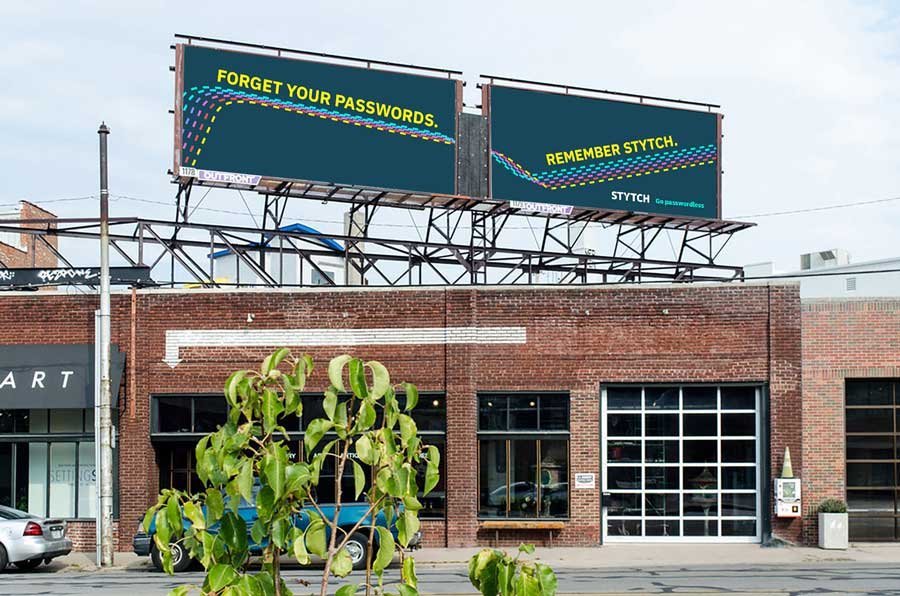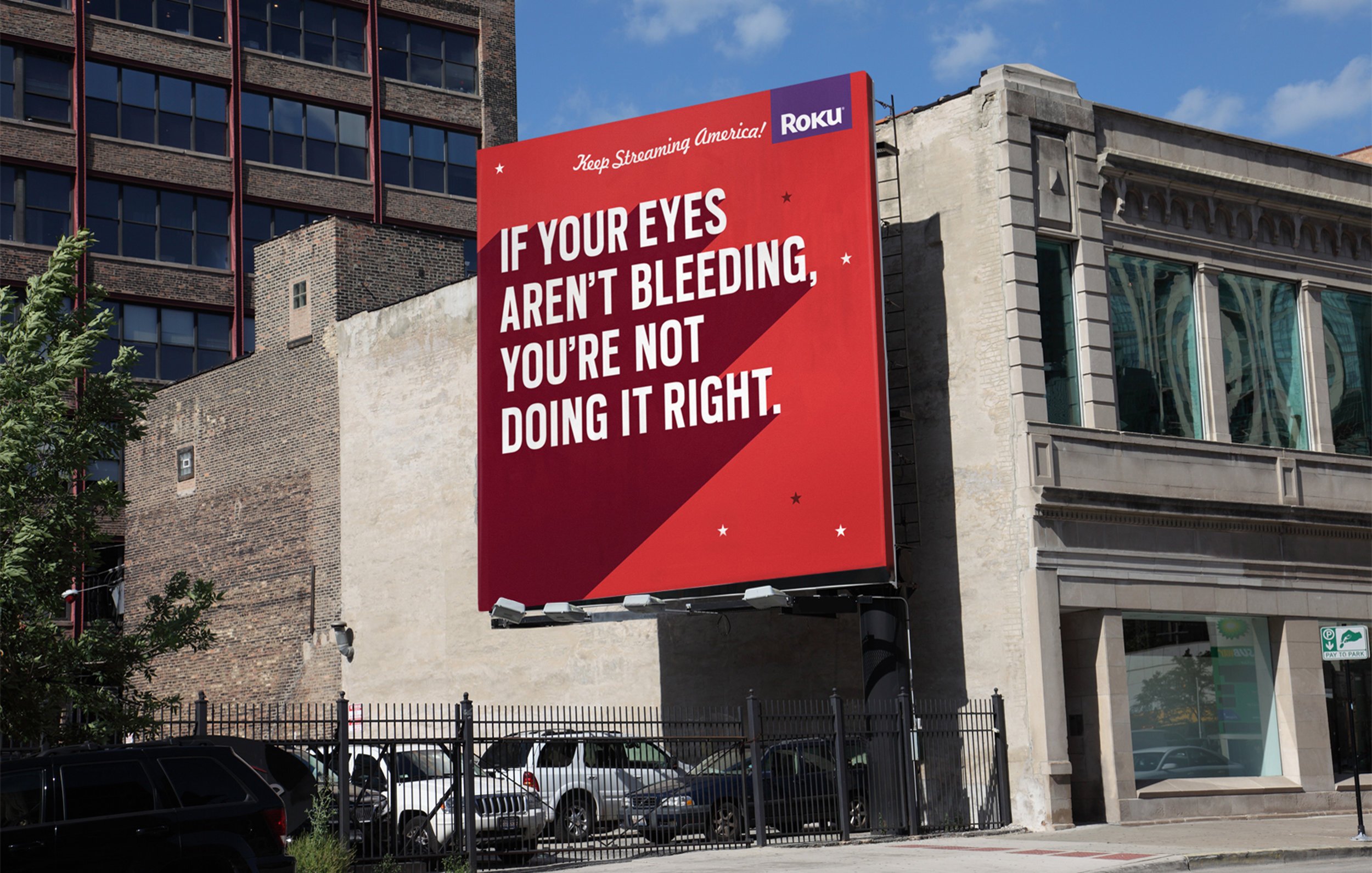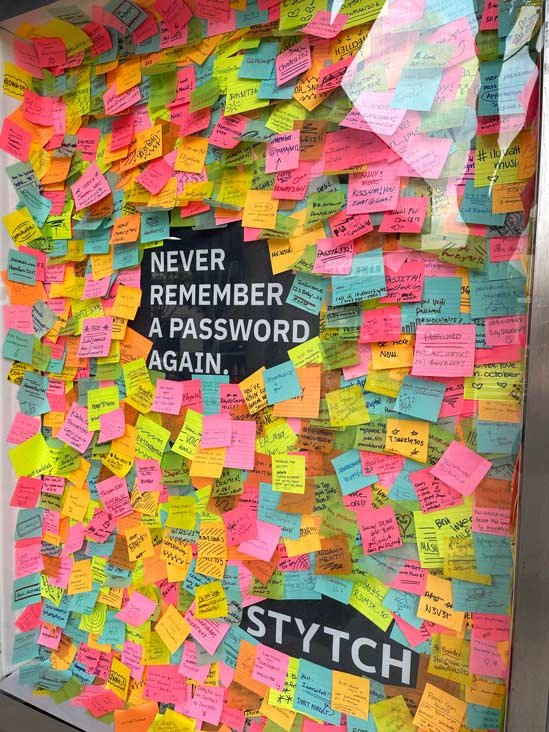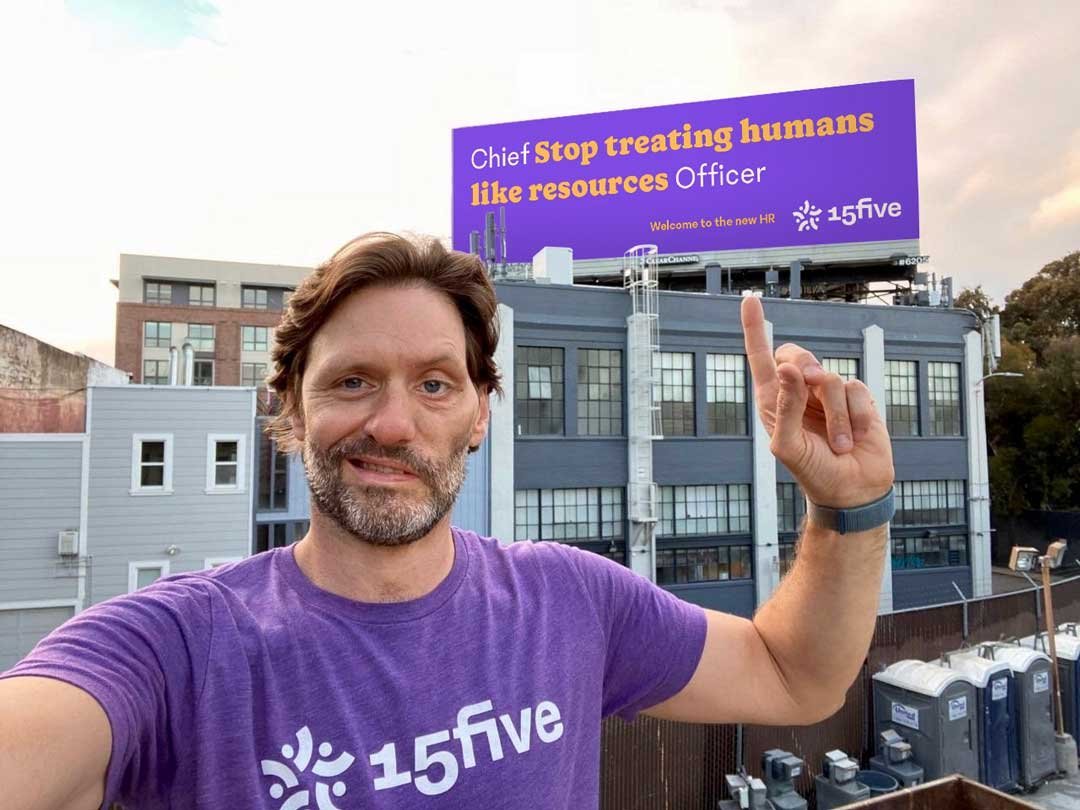When a startup gets Series B funding is when it can finally focus a bit more of its efforts and dollars on marketing and advertising. According to Crunch Base, the Series B funding stage, “. . . is typically the point in a startup’s lifecycle when it has proven technology or market traction and is on the cusp of major scaling.” And that goes along with exactly what we’ve seen the past five years or so. Looking back at all the companies we’ve worked with, the calls coincide directly with when Series B funding has come in.
“The Series B funding stage is typically the point in a startup’s lifecycle when it has proven technology or market traction and is on the cusp of major scaling.”
Division of Labor has been fortunate to work with a large number of Series B startups. Our unique business model combined with the proven results of our creative campaigns seems to be a good combination for Series B companies. Certainly, our position in the Bay Area helps, as well. For the past couple of decades, the vast majority of Series B funding has gone to companies in a small number of geographies, dominated by the San Francisco Bay Area. Again, according to Crunchbase, “Bay Area-headquartered companies pulled in roughly 40 percent of all Series B funding. New York and Boston companies together pulled in about 16 percent of capital.”
Every time we start working with a new startup, we get to apply all the learnings from previous startup projects. Of course, not all advertising campaign goals are the same, nor are all tactics applied equally across companies. But we’ve seen what works and what doesn’t and we’ve discovered the basis for a pretty successful formula that can be broadly applied in many cases.
Our ad campaign for Series B-funded startup Stytch took over San Francisco at the beginning of April.
Stytch - Our latest ad campaign for a Series B start-up took over the streets of San Francisco. From buses to billboards to painted walls and bus shelters, this ad campaign not only took over the city, it connected with people emotionally focusing on a single universal truth: we all hate passwords. But Stytch knew that who you sell to and who you target with advertising are not the same thing. They were incredibly smart in separating out those two notions and creating advertising that hit with consumers and at the same time, resonates emotionally for developers and IT Decisions Makers who have the same hatred of passwords as the rest of us.
Roku - This is a Series B ad launch from back when streaming was understood by less than 7% of the market. Roku needed to become synonymous with the category knowing that more and more players would soon be entering. So product differentiation was not the goal. Focus on product benefits was not the goal. Becoming the category leader was the goal, even though 93% of people had no idea what the category was. Check out the campaign here.
15Five - 15Five got their Series B and came to Division of Labor to take over the performance management software space. We quickly launched a campaign in San Francisco, measured the effectiveness and expanded to New York. They also quickly solidified the importance of good decision making. They, like all great clients, make decisions quickly and make them decisively. And with that, we moved fast, learned fast and did really, really well. See the campaign here.
Hirect - This was one of the fastest turn-around projects ever. And it’s where we solidified our most crucial rule to working in this space: have direct access to the founders. The reason we took on a project over the holidays with insane timelines is that Annie Zhang, one of the co-founders, was the one who called. She was ready to work fast and wanted to make a splash, so we were too. Without direct founder involvement, it’s much more difficult to create something that makes an impact. Check out the work.
Dropbox - Dropbox was launching Dropbox for Business after their Series B funding and they invited us to pitch. I just looked back at that presentation deck before writing this and it was good work! But what Dropbox wanted then was very different from what, say, Stytch or Hirect was after. They were already quite well known and needed to reposition in the mind of IT Decision Makers. So the ad campaign was much more tactical and under the radar but still massively effective. It ran for well more than two years, (long after we were no longer working on the ad campaign.) And while we did not have direct access to the founders on this one, we did have direct access to an amazing client who remained our client even after she went on to another startup. View the campaign.
Opendoor - After the aforementioned client left Dropbox to have a baby, she came back and joined Opendoor which had just gotten Series B funding. So she called us and we were off. For this campaign we honed in on that single, emotional truth about trying to sell your home; it’s a looooong, frustrating process. And we devised messaging that brought that process to life and allowed Opendoor to be the solution to a universal problem. See the campaign here.
Lively - When Lively reached out to Division of Labor, they too had just received their Series B funding. Like Roku, they were in a category that few had heard of. Like Stytch, they had their roots in both the consumer and B2B space. But with health saving accounts, we quickly realized that we also needed to educate the consumer on what this was, why it mattered, and how someone might use it. Healthcare is already inherently frustrating, but the universal truth around HSAs was really that no one knew how they might use one. Here’s the work.
Of course, every marketing problem is different and every solution is unique but there are a few things to keep in mind if you just got Series B funding and you’re thinking of building awareness.
1) Start in one or two cities and perfect your message and media plan before expanding.
2) Spend properly on media; 500k minimum per tier-one city (less in smaller markets) 1m is the sweet spot and 1.5 if you can swing it.
3) Involve your founder from day one. If they don’t believe in marketing, it’s not worth the effort.
4) Justify your decisions. Series B funding is still someone else’s money. Do the research and spend it wisely.
########
The Small Agency Blog is produced by Division of Labor; a top San Francisco ad agency and digital marketing firm that’s been named Small Agency of the Year twice by Ad Age. The award-winning creative shop services clients on a retainer or project basis. They also offer brand consulting services and hourly engagements for startups and smaller brands. Click here for a free consultation.
Lively + Series B + Division of Labor






